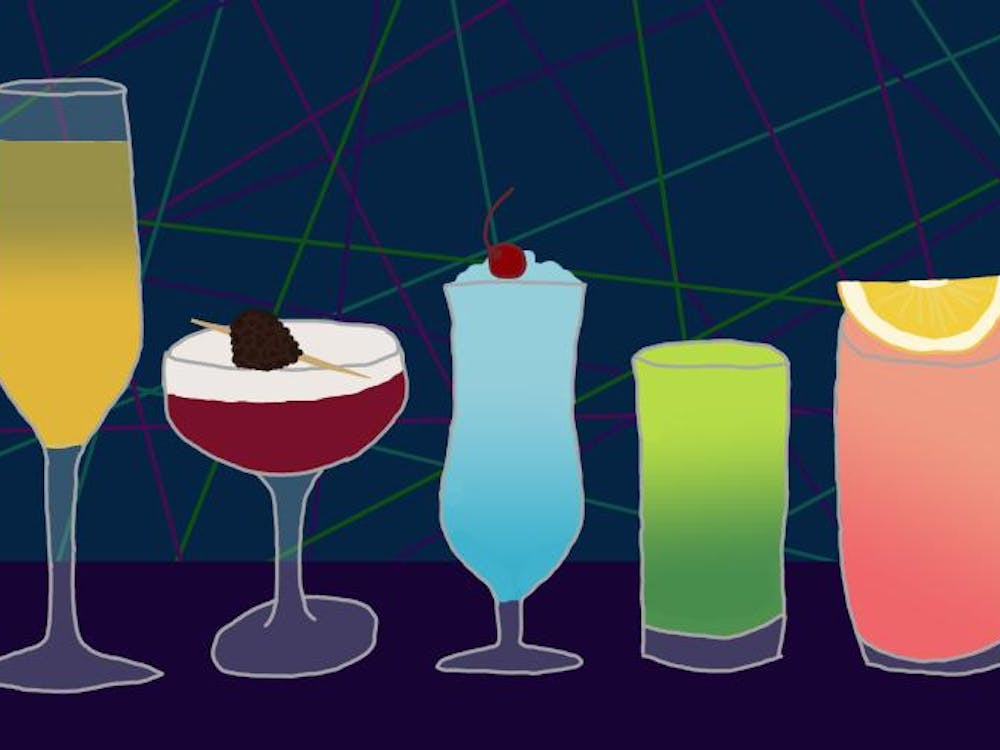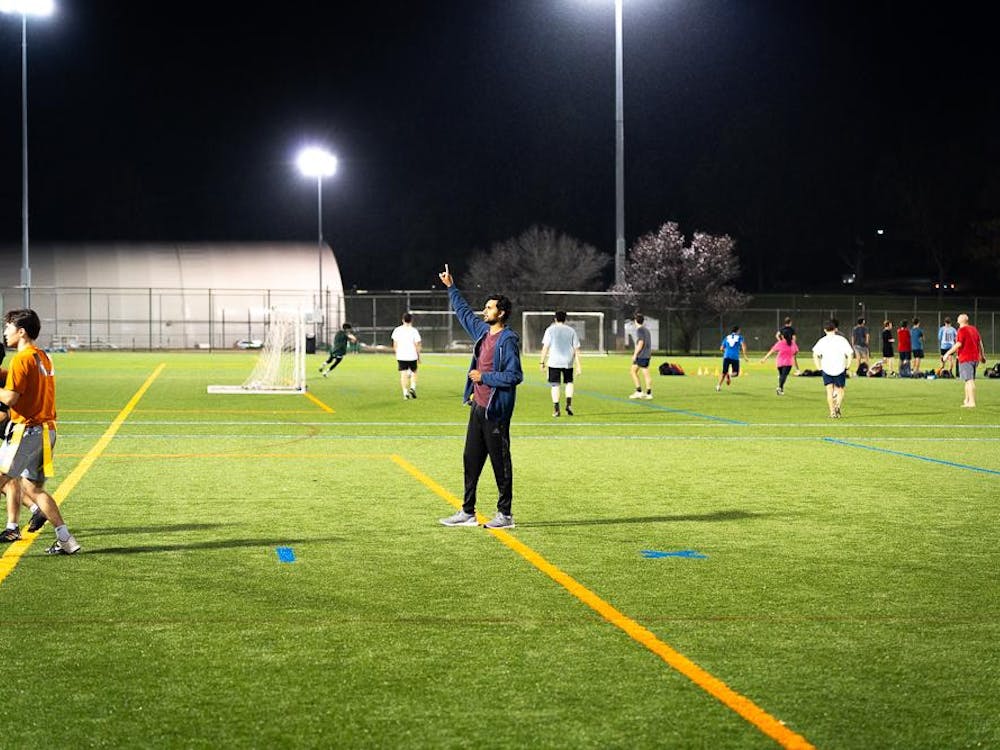Shouldn’t our goal be to lead interesting lives, rather than watch the banal existence of the verbally inept captured on reality television? The current American obsession with reality TV depicts inarticulate people in stupid and contrived situations from which we can learn nothing.
Reality TV is a cultural phenomenon that has truly gone too far. Long gone are the days of “The Real World” and “Survivor,” with an occasional dating show thrown in the mix. Now, reality TV dominates the industry. While sitcoms only stay on the air for a few years — if they’re lucky — reality shows launch new seasons (or “cycles,” à la Tyra Banks) almost immediately after the previous season ends.
The seasons all have the same plot, just with different people. But the casts from season to season always include the same stereotypes: There’s the underdog, the “brains” (a common euphemism for nerd), the quintessential “hot” girl, the flamboyant homosexual. By watching reality TV we are wasting our time; the same things happen over and over again.
In addition to being utterly pointless, reality TV is, well, not even real. There are shows whose entire purpose is to create some grand event that never even manifests itself. (How many “Bachelor” couples ever got married? Or even dated post-finale?) Viewers vote for the next big pop singer on American Idol, yet, after what seems like the 40th season, there are just a few “idols” with remotely successful singing careers.
These shows are a complete oxymoron. It seems that “reality” actually translates to “contrived, ridiculous, and fantasy-like.” MTV has built an empire with “The Real World,” in which seven twentysomethings, jobless and often poorly-educated, get to live in Las Vegas penthouses and Miami Beach mansions. And “The Hills” has become the cultural debate of the year: LC and Heidi have practically taken up more time in the news than the presidential primaries, the war in Georgia, and rising fuel prices combined. So we all know they’re celebrities, with paparazzi trailing them from every sushi restaurant and hip nightclub, yet we are still fascinated with their so-called “real” lives, in which they intern, sit around and stare blankly at each other.
Yet the biggest issue I have with reality TV is that it diminishes eloquence — a quality that in previous decades was respected and honored. Language was an art. Today’s generation’s verbal tics (i.e. “like, like, like, like ya know...”) punctuate every sentence, and reality TV showcases these grammatical mishaps.
In one episode of “Laguna Beach,” for example, a boy remarks, “They can like hook him and like once the guy’s hooked, and like starts getting amped on the chick, then they’re like ‘OK, I move to a new guy.’” A guy responds with a string of “likes.” Sure, they are just teenagers, but reality TV reinforces this language in every other young adult in America. (Except maybe Audrina, who through three seasons of “The Hills” has yet to complete an entire sentence.) Reality TV does not make us smarter but reduces us to the adolescent lexicon of “Laguna Beach,” a far cry from Shakespeare — and, for that matter, “Seinfeld.”
I admit I have succumbed in some instances; I watch the occasional reality show. I feel that if we want to relax and escape by watching television, however, we should not feel the urge to watch the strange experiences of others. Instead, we should return our attention to the sitcoms and scripted dramas that we used to religiously view, once upon a time in 1997. Reality TV has taken over our TiVos, and unless we stop it, it will take over our lives.
Abby’s column runs biweekly Fridays. She can be reached at a.coster@cavalierdaily.com.






